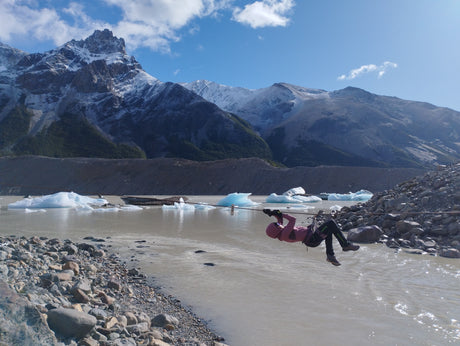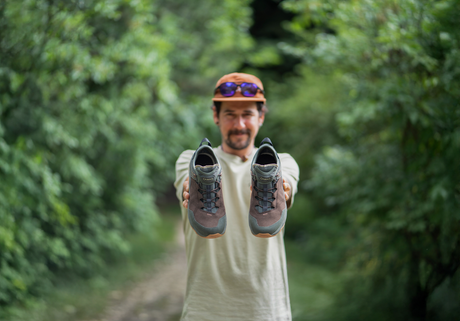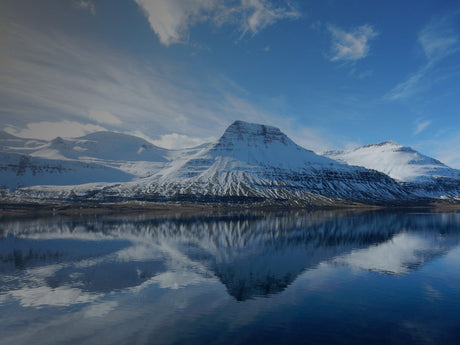Overtourism in the mountains is an increasingly worrying phenomenon, concentrated in a few areas of great tourist attraction. It is a problem that does not only concern mountain areas but is generalized to sites with strong tourist pressure. Overtourism occurs when a tourist area receives an excessive number of visitors , so much so as to cause significant problems for both the natural environment and the local population. These places, easily accessible and promoted by guides, advertising and social media, suffer from intense human pressure, which puts a strain on the local flora and fauna, compromising the ecological balance . The massive influx of visitors also brings with it the typical problems of cities such as noise, overcrowding and pollution: elements that contrast with the very essence of the mountain. The contrast that is generated often causes a loss of cultural identity of the local community , forced to adapt its traditions and lifestyles to meet the needs of tourist demand. Without a doubt, tourism generates important economic benefits for mountain communities; At the same time, the economy can become overly dependent on tourism, making the community vulnerable to seasonal fluctuations or events that may reduce tourist influx.

The current tendency to focus on a few well-known areas not only impoverishes the hiker's experience , reducing the mountain to a tourist scenario similar to an urban park, but also prevents the discovery of other places that can reserve, if not the impression of the first pioneers, undoubtedly intense emotions of wilderness . The mountain in fact offers a variety of experiences that go far beyond the most well-known destinations: there are less beaten paths, less frequented peaks and panoramas that reveal themselves only to those willing to explore with respect, awareness and education in hiking.
We do not believe that the solution to the problem of overtourism lies in imposing bans or limitations through reservations or access costs (making the enjoyment of the good elitist), but rather in adequately educating and preparing visitors . Equipping hikers with the skills needed to safely explore lesser-known areas is essential. Knowledge such as reading topographic maps, interpreting weather reports and understanding the risks associated with the mountain environment are essential to avoid dangerous situations and to fully enjoy the experience: aware of risks and responsibilities.
DROPS OF MOUNTAIN
AKU has always been committed to promoting a responsible approach to the mountains through initiatives and publications.
The “ Gocce di Montagna ” project was conceived by AKU and the “Aquile” of San Martino, the historic group of Trentino guides, with the collaboration of the ApT San Martino di Castrozza, Passo Rolle, Primiero and Vanoi, in order to undertake informative actions regarding the use of water resources, a primary resource in Alpine refuges and in the high mountains.






